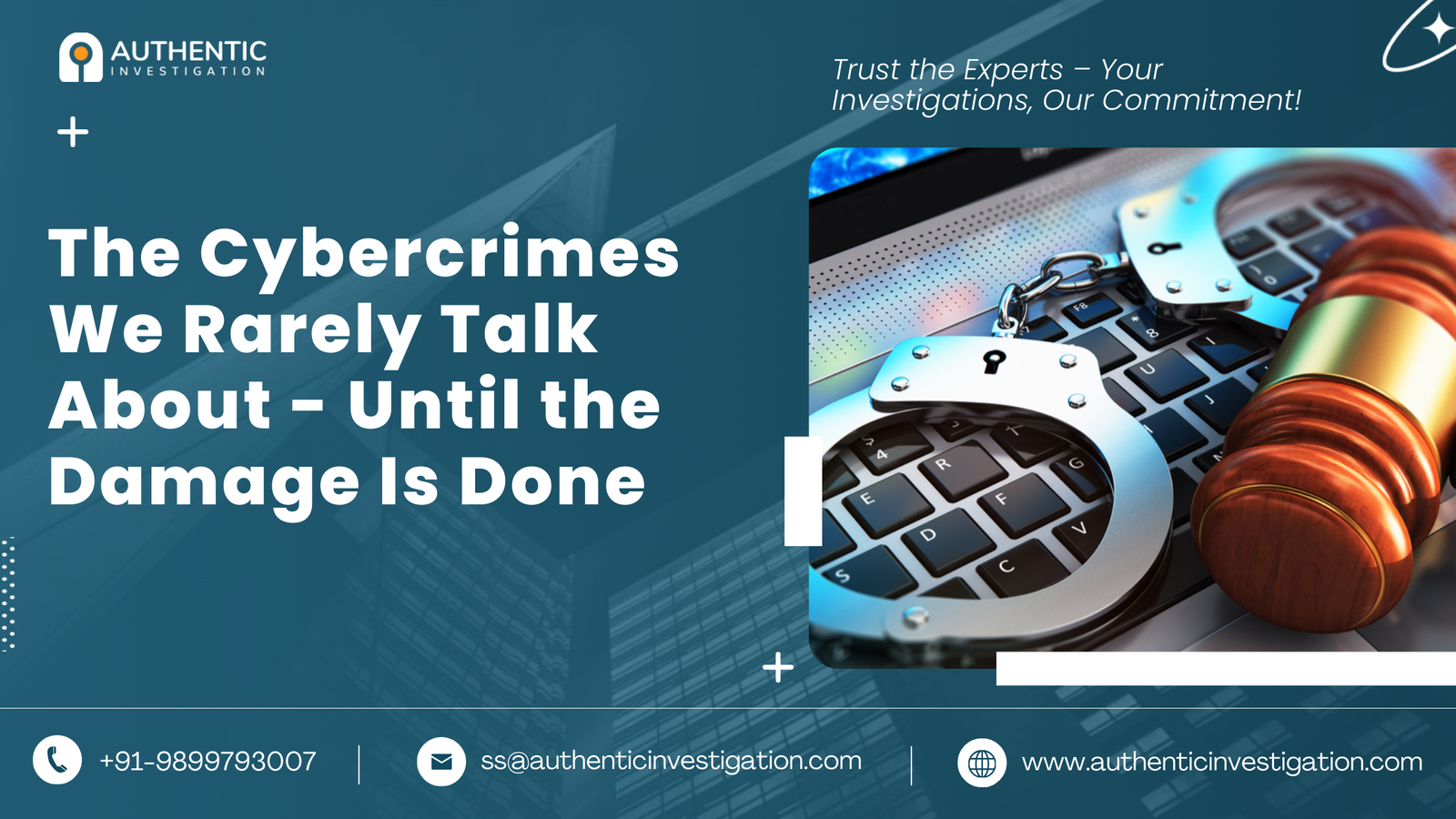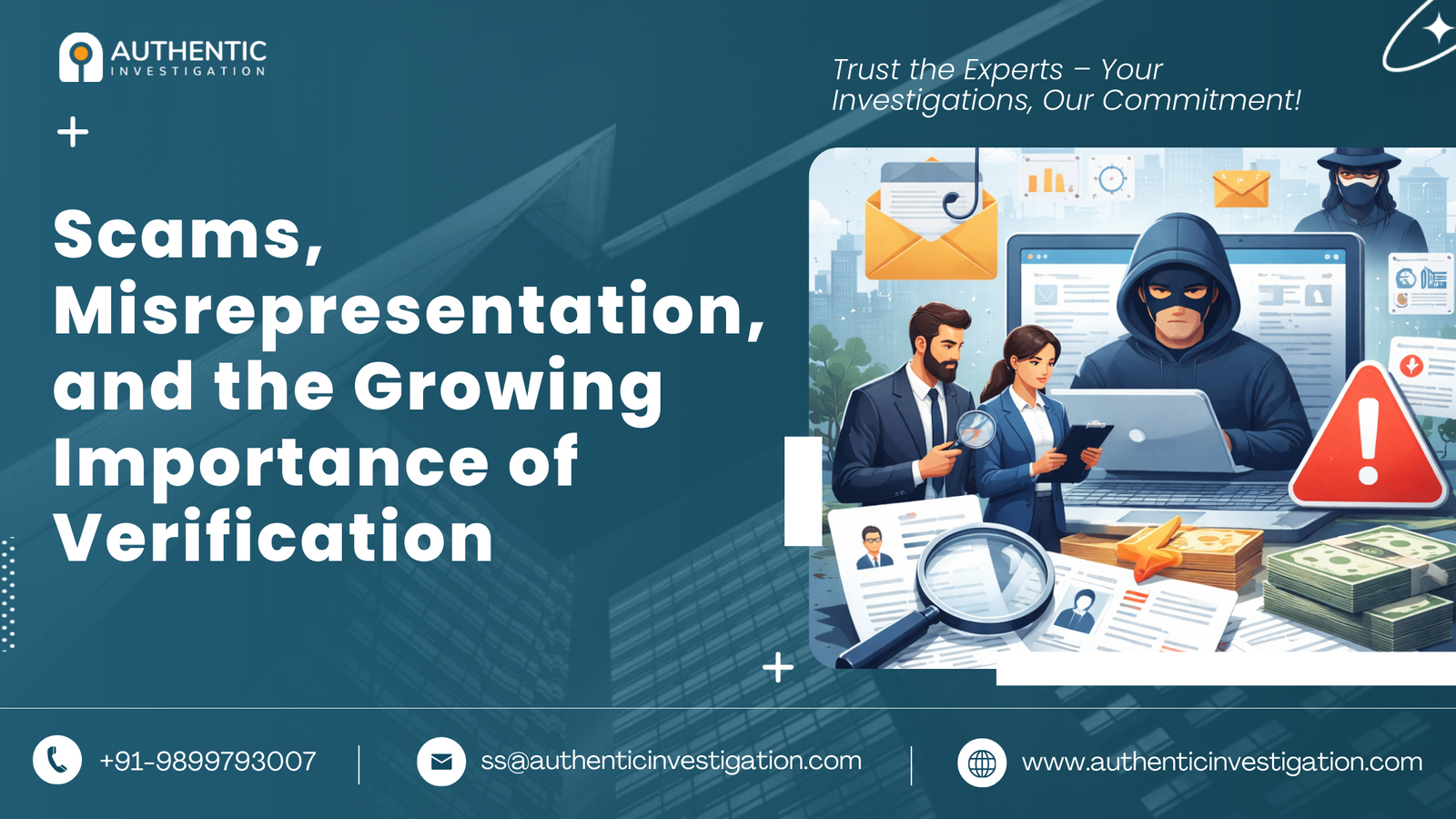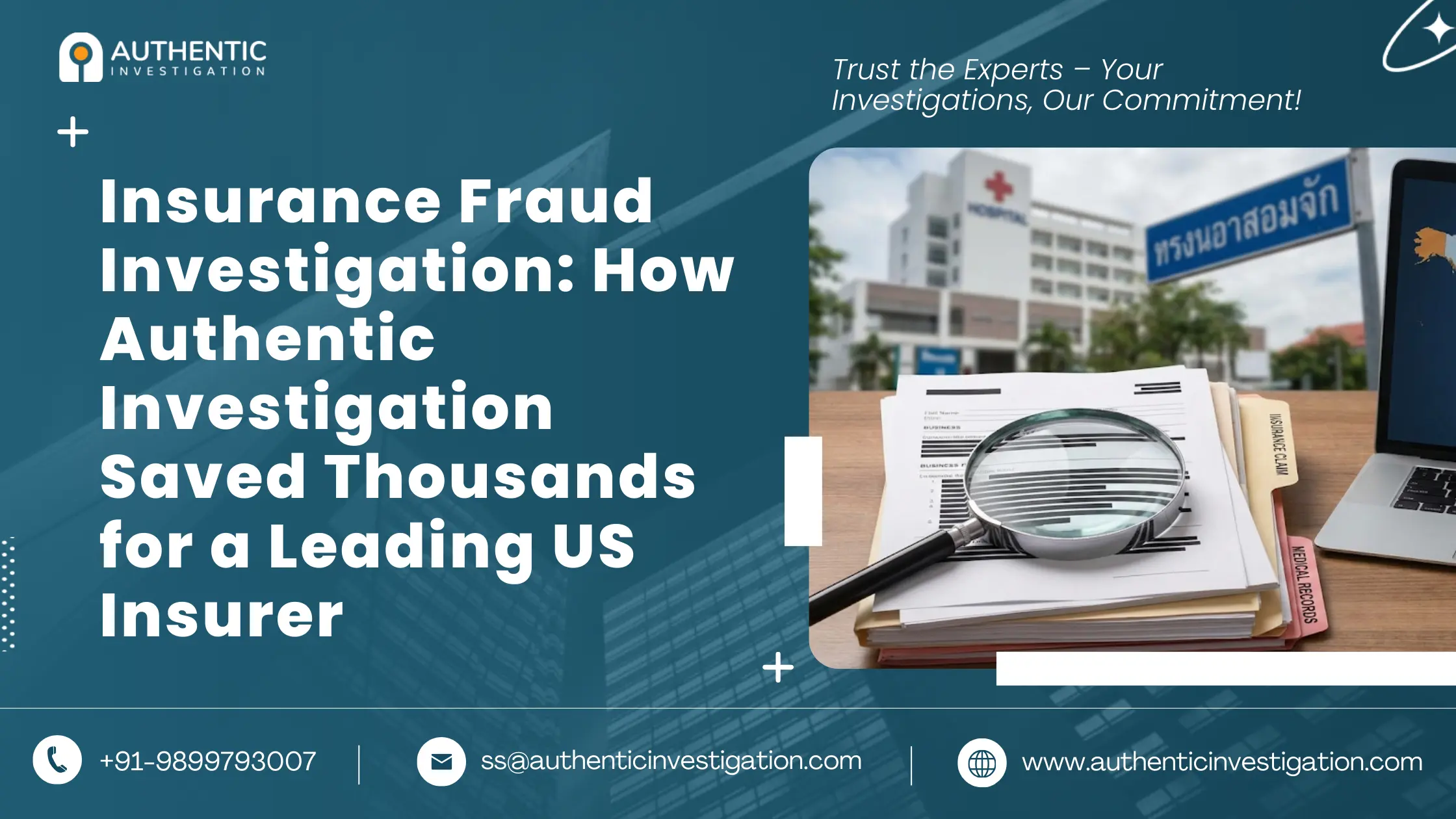
The Cybercrimes We Rarely Talk About – Until the Damage Is Done
How to choose the right risk advisory firm: due diligence, AI-enabled monitoring, cybersecurity, regulatory compliance, ERM and measurable ROI for growth today.
“When was the last time you truly verified someone’s story?”
Not skimmed their LinkedIn. Not relied on referrals. But actually verified it?
If this question makes you pause, you’re not alone—and you’re not immune.
In 2015, Theranos was hailed as a revolutionary health-tech company poised to change the world. Its founder, Elizabeth Holmes, was a Stanford dropout who captivated investors, media, and government leaders with her vision: to run 240+ lab tests with just a single drop of blood.
That promise, wrapped in a turtleneck and ambition, seduced some of the most experienced and powerful people in the world including Rupert Murdoch, Henry Kissinger, George Shultz, and Fortune 500 board members among them.
But here’s the kicker: the technology never worked. Not even close.
By 2018, the company was exposed as a fraud. In 2022, Elizabeth Holmes was convicted of criminal fraud. And in 2023, she began serving an 11-year sentence.
And at the heart of this scandal lies a question with consequences for businesses of all sizes:
Why did no one do a proper background check?
Theranos was, for a time, the darling of Silicon Valley. With a peak valuation of $9 billion, Holmes was celebrated as the youngest self-made female billionaire.
But the science didn’t back the promise. The lab equipment—dubbed the “Edison”—never produced accurate results. Employees raised alarms. Experts questioned the secrecy. But investors, the board, and even regulators were kept at bay by a combination of charisma, NDAs, and slick marketing.
It wasn’t until Wall Street Journal journalist John Carreyrou published a series of exposés in 2015 that the world began to see through the smokescreen.
Could it all have been prevented? Possibly, yes. if basic due diligence and background verification had been prioritized.
A simple credential check, a scientific peer review, or an executive audit might have raised the alarm years earlier.
In today’s high-speed digital world, trust is currency and manipulation is easier than ever.
Background verification is no longer an HR formality it’s a security protocol.
Here’s what proper background checks help you do:
A polished pitch deck or a charismatic founder can mislead even seasoned professionals. A background check brings the focus back to hard facts: qualifications, achievements, and legal history.
Just ask investors who poured millions into Theranos. Or JPMorgan, who was defrauded of $175 million in 2022 by a startup (Frank) that faked its user data. These weren’t early-stage angel investors—they were some of the most sophisticated institutions in the world.
You’re only one scandal away from a media nightmare. An executive caught with a hidden criminal past or a startup partner with a history of litigation can drag your name into disrepute.
According to the Association of Certified Fraud Examiners (ACFE), companies lose an estimated 5% of their revenue each year to employee fraud. In most cases, the perpetrators had red flags in their employment history missed due to poor screening.
Example: A multinational retail chain hired a mid-level finance manager without validating a previous termination for embezzlement. Within 8 months, internal audit discovered financial anomalies costing the company $300,000.
In India, a logistics firm partnered with a regional courier startup, which provided fake financials and nonexistent client references. By the time inconsistencies surfaced, over ₹2.4 crore in shipment losses had occurred due to failed deliveries.
Post-Theranos, dozens of cases have surfaced globally involving startups faking metrics, customers, or patents. If you’re investing, especially in high-growth areas like AI, edtech, or fintech your default mode should be: Trust, then verify.
| Situation | Checks You Should Do |
| Hiring CXOs or senior roles | Employment history, criminal records, litigation search, financial integrity, media reputation scan |
| Investing in startups | Founder credentials, legal disputes, IP claims validation, investor references, financial audits |
| Onboarding vendors/franchisees | Registration verification, financial health, prior performance, customer reviews |
| M&A deals or partnerships | Legal due diligence, ESG track record, founder behavior analysis, data security record |
But here’s the math:
Would you rather spend ₹20,000 on a check or lose ₹20 lakh (or crores) to avoidable fraud?
We help businesses protect themselves with advanced, discreet, and ethical verification services. Our capabilities include:
Our team includes retired law enforcement professionals, forensic analysts, and business intelligence experts so you’re not just getting data, but insight.
Theranos wasn’t just a fraud it was a masterclass in how intelligent, experienced investors can still be misled without rigorous due diligence.
Elizabeth Holmes raised over $700 million from high-profile investors, including Rupert Murdoch, the Walton family (of Walmart), and former U.S. Secretary of Education Betsy DeVos. Many of these investors admitted later that they did not conduct traditional due diligence.
Why? because Theranos had powerful board members including Henry Kissinger and General James Mattis, creating a false sense of security. In essence, credibility by association overrode fact-checking.
Key Lesson:
Prestige and perception cannot replace proof. Just because someone is in the room doesn’t mean the foundation is strong.
a. The JPMorgan + Frank Debacle (2021)
Startup founder Charlie Javice sold her fintech company, Frank, to JPMorgan for $175 million. She claimed the platform had over 4 million users.
In reality, it had barely 300,000.
JPMorgan filed a lawsuit alleging fraud, citing that she had fabricated fake user lists using third-party data science consultants.
Could a deeper background check into user metrics, previous legal issues, or team credibility have prevented this? Very likely.
b. Indian Example: Corporate Espionage in Pharma (2018)
A mid-sized pharmaceutical company in India suffered a major IP leak. After months of financial strain and competitive product launches by rivals, an investigation found the source:
An executive with a history of NDAs violations and internal misconduct from a previous employer.
What went wrong?
He was hired without reference checks or previous employment verification.
Losses? Estimated at ₹42 crores over two years.
c. Matrimonial Scams with Financial Motives
In high-net-worth circles, due diligence isn’t just for businesses.
A Pune-based family lost ₹8 crores in assets after their daughter married a man posing as a US-based entrepreneur. Post marriage, he fled with access to bank accounts and jewelry.
Had a pre-matrimonial background check been conducted, his fake education and fabricated business records would’ve been exposed.
People trust compelling stories. And fraudsters are master storytellers.
According to the “Fraud Triangle” theory (Donald Cressey, 1953), fraud occurs when three elements converge:
Holmes justified her deception by believing in the eventual success of her product.
Her investors overlooked red flags due to “vision bias” the tendency to believe charismatic, high-confidence leaders without cross-verification.
At Authentic Investigation, we provide industry-leading checks tailored to real-world threats. Unlike checklist-only firms, we blend digital forensics, open-source intelligence (OSINT), human intelligence (HUMINT), and field verification.
Our Services Include:
Backed by:
Ex-police officials, forensic investigators, and analysts trained in cyber and psychological profiling.
With AI deepfakes, resume bots, and fake verification platforms rising, deception is easier than ever. Companies are being targeted not just for money but for data, intellectual property, and reputation.
Stat: According to PwC’s Global Economic Crime and Fraud Survey, 47% of companies globally experienced fraud in the past 24 months with over $42 billion in losses reported.
Companies that integrated proactive background verification strategies reported 36% fewer fraud-related incidents.
The story of Theranos wasn’t just about one woman’s ambition it was about how smart people ignored simple safeguards.
In an age where trust is easy to fake and hard to earn, background checks are your best insurance policy.
Whether you’re hiring, investing, or entering a partnership—spend 1% of your time and budget verifying, so you don’t lose 100% later.
Contact Authentic Investigation
Ready to safeguard your next move? Let’s ensure the facts support the promise.
📞 +91 7678294109 / +91 9899793007
📩 ss@authenticinvestigation.com
🌐 www.authenticinvestigation.com
Q1. How do background checks differ from due diligence?
Background checks are part of due diligence but focus more on individual or team verification. Due diligence includes market, legal, and financial assessments too.
Q2. Can we do background checks without the person knowing?
Yes—using OSINT and publicly available data, discreet checks can be conducted without alerting the subject (within legal bounds).
Q3. Are your services valid for overseas hires?
Yes. We partner with international databases and agencies to verify global credentials.
Q4. What are signs of a fake startup profile?
No customer testimonials, no working product, vague revenue statements, or overuse of AI/ML buzzwords without evidence.
Q5. Can background checks uncover asset ownership?
Yes—our financial and asset investigations include property, vehicle, and other ownership tracing through legal channels.

How to choose the right risk advisory firm: due diligence, AI-enabled monitoring, cybersecurity, regulatory compliance, ERM and measurable ROI for growth today.

How to choose the right risk advisory firm: due diligence, AI-enabled monitoring, cybersecurity, regulatory compliance, ERM and measurable ROI for growth today.

How to choose the right risk advisory firm: due diligence, AI-enabled monitoring, cybersecurity, regulatory compliance, ERM and measurable ROI for growth today.